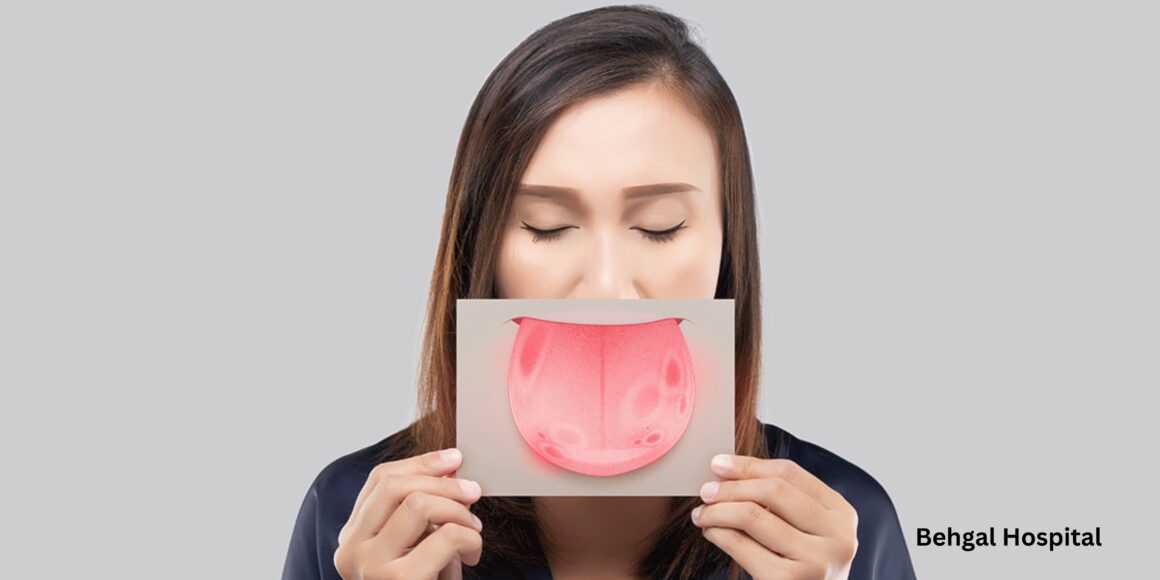Going through treatment for oral cancer can be quite challenging. It’s important to maintain proper nutrition to manage your health and well-being during this time. Whether you’re having surgery, radiation therapy, chemotherapy, or a combination of treatments, a good diet can support your body, boost your immune system, and make your treatment process smoother. Let’s take a look at the best foods to eat and those to avoid to help you maintain your strength and comfort.
Why Nutrition Matters
When dealing with oral cancer and its treatments, your body needs extra fuel to heal, fight cancer, and recover from the side effects of treatment. Good nutrition can help you:
Maintain Energy Levels: Eating nutrient-rich foods provides the energy needed to cope with the demands of treatment.
Support Healing: Proper nutrition helps repair tissues and supports the immune system.
Manage Side Effects: Certain foods can help alleviate common side effects such as nausea, dry mouth, and taste changes.
Foods to Eat
1. Soft and Moist Foods
During treatment, you might experience soreness or sensitivity in your mouth. Soft, moist foods are easier to eat and digest. Opt for:
Mashed Potatoes: Creamy and smooth, they’re easy on the mouth and can be fortified with cheese or yogurt for added protein.
Scrambled Eggs: A soft, protein-rich option that’s easy to prepare and gentle on the mouth.
Smoothies: Blend fruits, vegetables, yogurt, and protein powder to create a nutrient-dense, easy-to-consume meal.
2. Nutrient-Dense Foods
Focus on foods rich in vitamins, minerals, and antioxidants to support your immune system and overall health:
Fruits and Vegetables: Opt for cooked or steamed veggies if raw ones are too tough. Spinach, carrots, and sweet potatoes are good choices. Fruits like bananas, applesauce, and peaches are gentle on the mouth.
Lean Proteins: Chicken, fish, and tofu provide essential protein without being overly hard to chew.
3. Hydrating Foods
Staying hydrated is crucial, especially when dealing with dry mouth or mucositis. Foods with high water content can help:
Broths and Soups: Clear broths and creamy soups not only hydrate but also provide nourishment.
Watermelon and Cucumber: These have high water content and are soothing and refreshing.
4. High-Calorie Options
Cancer treatment can lead to weight loss, so incorporating high-calorie foods can help maintain your weight:
Avocados: Rich in healthy fats and calories, they can be added to smoothies or spread on soft bread.
Nut Butter: Peanut butter, almond butter, and similar options can be added to smoothies or spread on soft bread.
5. Easy-to-Digest Grains
Whole grains provide energy and fiber but may be too rough sometimes. Opt for:
Oatmeal: Soft and easy to digest, and you can add fruit or honey for extra flavor and calories.
White Rice: It’s gentle on the stomach and can be paired with softer proteins and vegetables.
Foods to Avoid
1. Spicy and Acidic Foods
Spicy and acidic foods can irritate the mouth, making it uncomfortable to eat:
Citrus Fruits: Oranges, lemons, and tomatoes may cause discomfort due to their acidity.
Hot Peppers and Spices: These can exacerbate mouth sores or mucositis.
2. Hard, Crunchy, and Dry Foods
Foods that are hard or dry can be painful to chew and may worsen oral discomfort:
Nuts and Seeds: These can be sharp and difficult to chew, causing discomfort.
Crackers and Chips: The crunchiness can irritate sensitive areas in the mouth.
3. Sugary and Processed Foods
While they might seem appealing, sugary and highly processed foods can affect your overall health and oral hygiene:
Candy and Sugary Beverages: High sugar content can lead to oral infections and contribute to poor nutrition.
Fried Foods: These can be harsh on the digestive system and might not provide the nutrients you need.
4. Alcohol and Caffeinated Beverages
These can contribute to dehydration and exacerbate mouth dryness:
Alcohol: Can irritate mucous membranes and lead to dehydration.
Caffeinated Drinks: Coffee and tea can be dehydrating and may also cause mouth discomfort.
5. Very Hot or Very Cold Foods
Extreme temperatures can be uncomfortable and may aggravate mouth sores:
Hot Soups or Drinks: Allow them to cool slightly before consuming.
Ice Cream: While soothing, it can sometimes cause sensitivity if the mouth is already sore.
Tips for Making Mealtimes Easier
Prepare Small, Frequent Meals: Eating smaller amounts more often can help manage appetite changes and nausea.
Use Flavor Enhancers: Herbs and mild seasonings can add flavor without irritating the mouth.
Stay Hydrated: Stay hydrated by drinking plenty of water, and avoiding beverages that contain caffeine or alcohol.
Conclusion
Maintaining proper nutrition during oral cancer treatment is crucial for supporting your body and managing side effects. Focus on consuming soft, nutrient-dense, and hydrating foods, while avoiding those that are irritating or hard to digest. It is important to consult with your healthcare provider or a dietitian to create a personalized nutrition plan that meets your specific needs and preferences.
There are many resources and support systems available to help you through every step of your treatment and recovery. Wishing you strength and health as you navigate this challenging time!





Leave a Reply